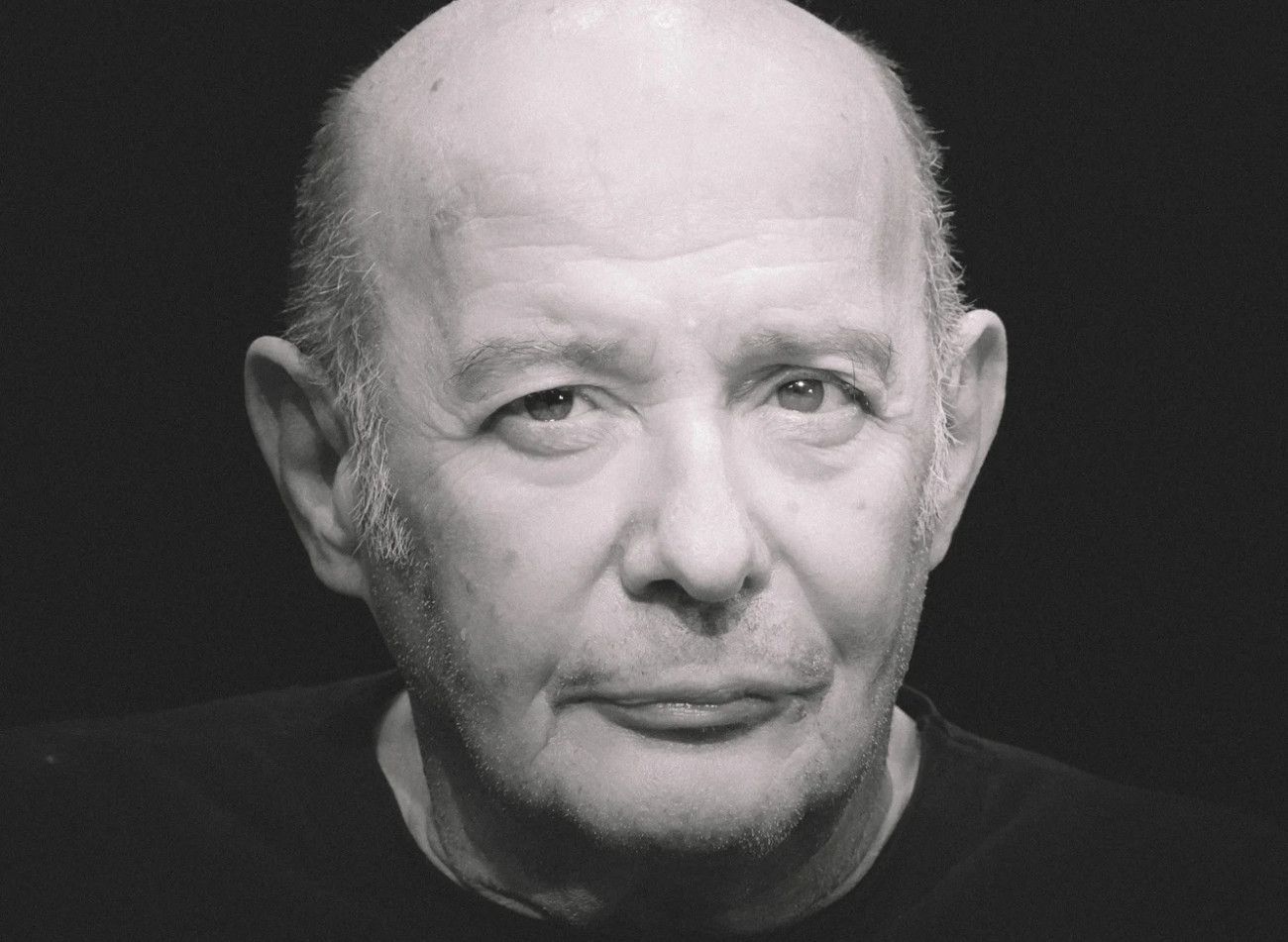Secret agents and conspiracy: The story of espionage

Spying, that is, the act of acquiring secret or confidential information, has been an integral part of human history for millennia.
From ancient cultures to modern times, espionage has played a decisive role in defining political, strategic and geopolitical parameters.
Whether through military strategy or in overthrowing regimes and rules, the importance of information has been necessary for the formation of the world order. In this article we will look at the evolution of espionage from first historical cultures to modern technological intelligence.
Ancient espionage: The birth of information collection
The espionage was rooted in antiquity when cultures were trying to secure strategic information to protect their borders or to acquire military advantages.
In ancient Egypt, for example, Pharaohs used spies to watch neighboring kingdoms and prevent potential risks of external threats or internal disagreements.
Sun Ju in China, in his work « The Art of War », recognized espionage as a fundamental tool for success in war.
He argued that the use of spies was necessary to achieve victory in the war, stating: « Knowing the enemy's moods can only be acquired by other people. »
The Greeks during the Hellenic period used spies to monitor the movements of the Persians, while the Romans developed their own spy network, the Frumentarii, which was initially responsible for the distribution of food, but evolved into a secret intelligence service.
Medieval Escope: The In -Age
During the Middle Ages, espionage was of the utmost importance for the survival of states and powers.
In the Byzantine Empire, for example, espionage had been incorporated into the strategic mechanism of the empire, with spies watching the movements of opponents and internal dangers.
In the Islamic world, Barid, the postal system of the time, was not limited to communication, but was used for espionage and information.
In Europe, the feudal system and the ongoing wars had created a particularly suitable ground for espionage.
During the centenary of England-France, for example, both sides used spies to obtain strategic information and cause disconnects to their opponents.
Thomas Cromwell used spies to consolidate his power and exterminate his political opponents.
Spying of Renaissance and Early Modern Era: The Rise of State Art
During the Renaissance, espionage acquires a new dimension as European forces are trying to maintain or gain sovereignty in the political and strategic scene.
The Venetian Council of ten, for example, had developed an extensive espionage network that crosses Europe and the Mediterranean.
In England, Sir Francis Woliningam used espionage to identify and disrupt the Bandington conspiracy against Elizabeth I.

Babington with his conspirators in the fields of St. Giles, a 17th -century engraving showing Anthony Babington meeting his conspirators.
France, with Cardinal Richelieu, used espionage as a tool for political intrigue and inner oppression. Richelieu founded the Cabinet Noir to watch and decipher the correspondence, thereby reinforcing the monarchy of Ludovic III.
The era of the 19th century revolutions: The espionage in the field of political struggle
In the 18th and 19th centuries, the great revolutions and wars of the time created new needs for espionage.
During the American Revolution, for example, Benjamin Talmatz's spy network has contributed decisively to the defeat of the British and the dominance of Americans.
In France, the French Revolution and the Napoleonic Wars led to extensive use of espionage, with Napoleon Bonaparte using the Bureau Topographique for efficient monitoring of his enemies.
1st and Second World War: The Golden Age of Spying
The two world wars of the 20th century were the golden age of espionage.

Mata Hari (1876-1917).
During World War I, the British MI6 played an important role in gathering information, and Zimmerman telegram was a decisive moment in spy history.
In World War II, the decryption of the Enigma Code by the British in Betchley Park saved thousands of lives and changed the course of the war.
The Cold War: Spying in the Nuclear Age
The Cold War marked the espionage with the intense rivalry between the superpowed US and the Soviet Union.
The struggle for the domination of information and technology has intensified with the CIA and KGB efforts to gather secret information and conduct spy businesses. The use of new technologies, such as U-2 spy planes, changed the landscape of secret businesses.
Modern espionage: the digital age
The digital age has transformed espionage, with cyberbumism now being a key concern for governments and businesses.
State supported hackers, such as Cozy Bear and Apt10, are attacking government agencies and companies, while incidents such as Russian involvement in the US elections in 2016 highlight the importance of the phenomenon.

(Source: The Economist)
At the same time, traditional methods, such as human espionage, continue to play a critical role, using informants and secret agents.
In addition, non -governmental bodies, such as terrorist groups and hakvists, use espionage techniques for their own purposes.
The attacks of September 11 showed the importance of collecting information on global security.
The constant heritage of espionage
As the world is increasingly interconnected and depends on digital technology, the importance of espionage is increasing and changing.
In modern times, cyberbacks and mass surveillance show that states, especially Western powers, continue to spy on not only rival governments but also their peoples themselves.
Indeed, anti -terrorism is often used as a pretext for suppressing social movements, activists and journalists.
What is evident is that espionage is not a neutral tool, but a mechanism that serves the interests of the dominant classes and imperialist policies.










